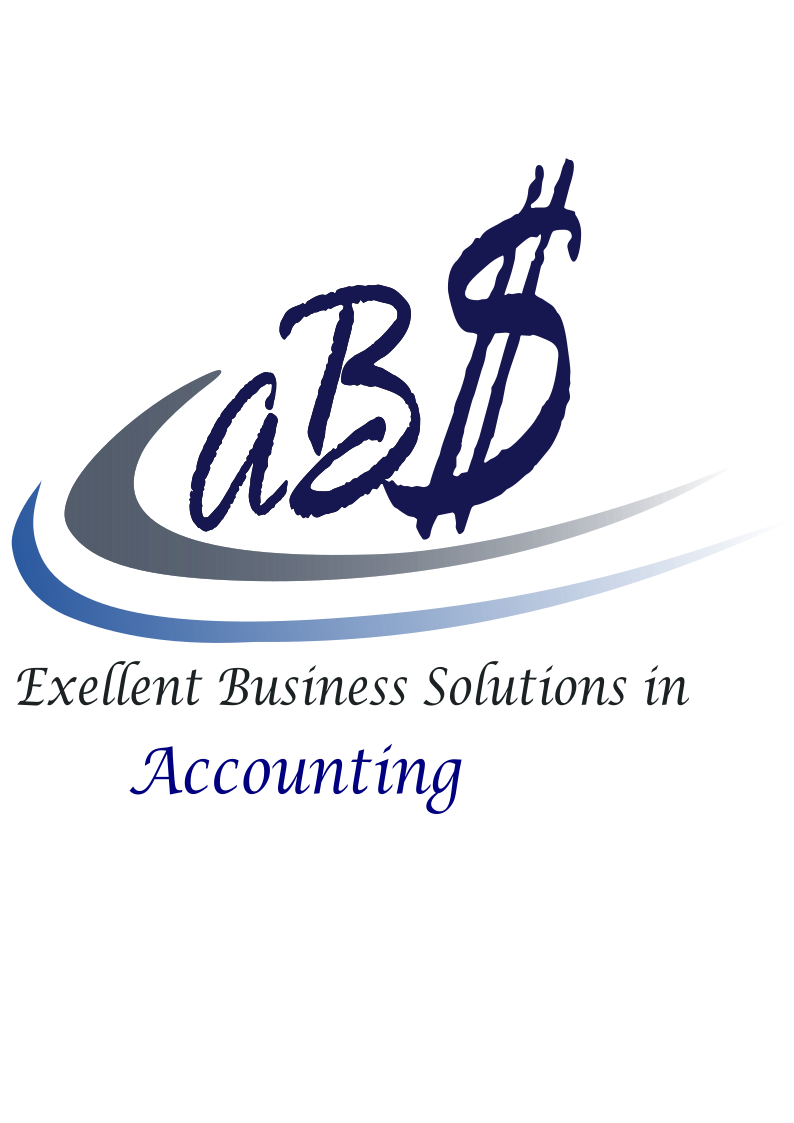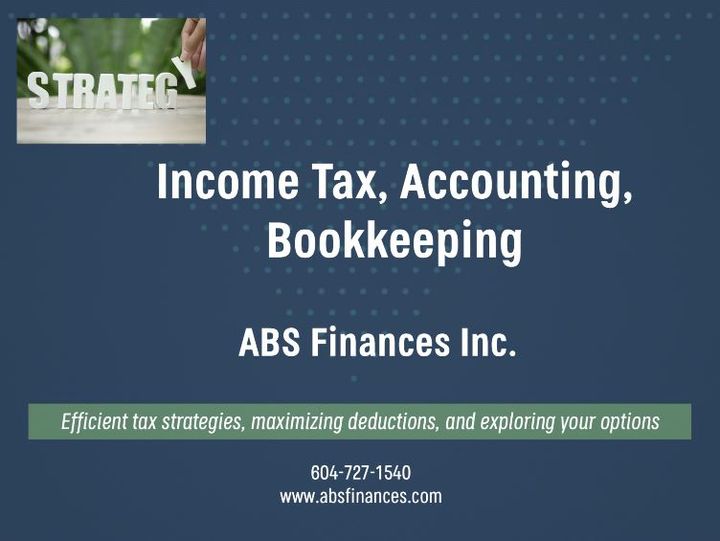The tax implications of borrowing for business investment

As a business owner, you may need to borrow funds for different purposes such as injecting capital, buying capital assets, or refinancing debt. The aim of this article is to address frequently asked questions about the deductibility of interest for incorporated business owners.
It's important to understand that purchasing securities with borrowed money carries a higher level of risk compared to using your own cash resources. Even if the value of the securities declines, you still have the responsibility to repay the loan as per the agreed terms. Please note that this article does not provide legal or tax advice. It is recommended that you seek advice from a qualified tax advisor to ensure that your individual circumstances have been appropriately considered and that you have access to the latest information before making any decisions based on the information presented in this article.
The direct use test
The interest expense incurred on borrowed funds is usually only eligible for deduction if you can directly connect the use of the borrowed money to an income-generating purpose, known as the "direct use" test.
The income earned from such use must come from either a business or property. Business income can be derived from any profit-making activity or any undertaking with a reasonable expectation of earning profit.
Property income can include dividends, interest income, rents, and royalties but excludes capital gains.
Suppose you want to invest in your business by purchasing common shares of your corporation, and you decide to borrow money for this purpose. In such a scenario, the interest expense would typically be eligible for deduction if there is a reasonable expectation of receiving dividends at the time of purchasing the shares. This is because you are directly using the borrowed funds to buy shares that will generate dividend income.
Recent court rulings indicate a growing focus on a company's dividend payment history. In some cases, despite the circumstances, interest deductibility was disallowed because of the absence of dividend payments on the company's shares. If you are planning to borrow funds for investment purposes in your closely held corporation or any other corporation, it might be beneficial to consider establishing a history of dividend payments both before and after acquisition. Such dividend payments don't necessarily have to exceed the interest expense incurred on the shares, and even a nominal payment could suffice.
Lastly, if your company explicitly states that it has no intention of paying dividends, or if the class of shares prohibits dividend payments, the interest expense incurred on the borrowed funds would not be eligible for deduction.
Exceptions to the direct use test
While it's typically necessary for the money borrowed by you or your business to be used directly for income-generating purposes, the tax courts and the Canada Revenue Agency (CRA) have recognized that there may be "exceptional circumstances" where it would be appropriate to deduct interest expenses on borrowed funds due to their indirect impact on your or your business's income-earning capacity. Let's examine these exceptions for incorporated business owners.
■ borrowed money used by a shareholder to make interest-free loans and contributions of capital to a corporation
Typically, the interest expense on borrowed funds used to provide interest-free loans is not eligible for deduction because there is no direct income generation from such funds. However, if it can be demonstrated that an interest-free loan can indirectly affect your income-earning potential, the interest expense may be deductible. For instance, interest deduction is generally permitted when you borrow money to provide an interest-free loan to your wholly-owned corporation in your capacity as a business owner, and the capital injection affects your corporation's income-earning potential, thereby increasing potential dividends. Similarly, if a partner borrows funds to make a capital contribution to a partnership, the partner's interest expense should also be deductible.
■ borrowed money used by a corporation to redeem shares, return capital or pay dividends to shareholders
The general rule is that if your company borrows funds to pay dividends, redeem outstanding shares, or return capital to shareholders, the interest expense incurred on the borrowed funds is not deductible because it is not used for income earning purposes. However, it is possible for the interest to be deductible if the borrowed funds are used to "fill the hole" created by the payment to shareholders. This means that the borrowed funds replace the capital previously used to earn income, and the interest may be deductible if the borrowed funds are used for income-earning purposes. A court case has also emphasized that the amount of capital being returned must be material enough to create a hole in the business that requires borrowing in order to continue earning income.
If there are compelling business reasons for issuing an interest-bearing promissory note to redeem shares, then the interest expense may be deductible if the promissory note replaces the capital that is currently being used in the business. For instance, a company issued a promissory note to redeem shares from an existing shareholder to resolve a shareholder dispute that could have significantly impacted the company's ability to gain or produce income. The interest on the note was deductible in this case since the purpose of the redemption was to protect the income of the corporation and acquire property (i.e., shares) for the purpose of gaining income from the business. However, if a promissory note is issued to return capital or pay dividends, the interest expense on the note would generally not be deductible since, in these situations, no property is acquired by the corporation for the purpose of earning income. This concept applies similarly where a partnership borrows money to return capital to a partner.
■ borrowed money used by a corporation to make interest - free loans to employees (not shareholders)
In general, you would be allowed to deduct interest if borrowed funds are used to make an interest-free loan to you as an employee, as this could be considered as a form of compensation for the services you provide. However, if you borrow money to make interest-free loans to yourself as a shareholder, the interest is usually not deductible. If you are both an employee and a shareholder, whether the loan arose as a result of your shareholdings or your employment is a matter of fact. Typically, if you hold less than 10% of shares, you would qualify for this exemption as an employee.
SUMMARY
While the CRA and tax courts have allowed the exceptions mentioned above, it doesn't automatically mean that interest deduction will be allowed in all cases. The deductibility of interest in your case depends on the specific facts and evidence of your situation. Moreover, current practices on interest deductibility may change, so it's always advisable to consult a qualified tax advisor to help you determine whether borrowing to invest is a viable option for you or your business.
We discussed today the deductibility of interest expenses in certain situations when borrowing money for investing or making interest-free loans. The deductibility of interest expenses depends on the specific circumstances, and even though some exceptions have been allowed in the past, they do not guarantee a deduction in every case. Therefore, seeking advice from a qualified tax advisor is recommended to evaluate the deductibility of interest expenses.
Disclaimer:
“Please note that the information provided in this article is of a general nature and may not be accurate for your specific situation. The information is current as of the date of posting and is not intended to provide legal advice. It's always recommended that you consult with a professional accountant and lawyer for personalized guidance and advice."



